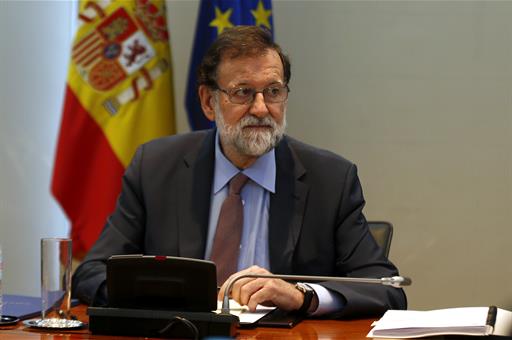The President of the Italian Council of Ministers, Paolo Gentiloni, the President of Cyprus, Nicos Anastasiades, the President of France, Emmanuel Macron, the Prime Minister of Malta, Joseph Muscat, the Prime Minister of Greece, Alexis Tsipras, the Prime Minister of Portugal, António Costa and the President of the Government of Spain are due to take part in the Rome Summit.
This summit is a continuation of the Athens Summit held on 9 September 2016, the Lisbon Summit held on 28 January 2017 and the most recent Madrid Summit held on 10 April 2017.
A Joint Declaration is due to be adopted. The content of the summit will focus on migratory and asylum questions and on the Economic and Monetary Union.
In relation to migratory and asylum questions, the need will be raised for the European Union to provide support to those States that control external EU borders, as is the case of the southern EU countries taking part in this summit, under the premise that this action is beneficial for the EU as a whole; strengthening dialogue and cooperation with the countries of origin and transit of migratory flows and the development of a Common European Asylum System based on principles of responsibility and solidarity.
At an economic level, the main point on the agenda will be the proposed reform of the Economic and Monetary Union following the Euro Summit held on 15 December.
In particular, the proposal to complete the Banking Union with the creation of a mechanism to support the Single Resolution Fund and a European Deposit Insurance Scheme will be analysed; also, the development of mechanisms that allow the European Union to more effectively tackle future crises will be proposed. In this last area, Spain proposes the gradual implementation of a Eurozone Budget that can act to stabilise the economy in the event of a crisis.
The Heads of State and Government will also have the chance to exchange opinions on the future multiannual financial framework of the European Union post 2020, on which negotiations will begin in the coming months.
Aside from these issues, other matters will be discussed, such as institutional questions (the so-called "citizens' consultations" and the transnational lists to the European Parliament), security policy, Social Policy following the Gothenburg Summit and "European public assets" (the management of the EU's external borders, defence policy, common investment initiatives, and the development of European citizenship).
The Rome Summit will take place against a European backdrop marked by the start of the first half-yearly Bulgarian Rotating Presidency of the European Council, the adoption at the European Council of the new guidelines on Brexit on 14 and 15 December, the start, for the first time, of the procedure under Article 7 of the Treaty of the European Union (provided for those cases in which Member States violate the fundamental values of the EU), activated against Poland on 19 December and the calling of elections in Italy, the host country, to be held on 4 March.
Non official translation





